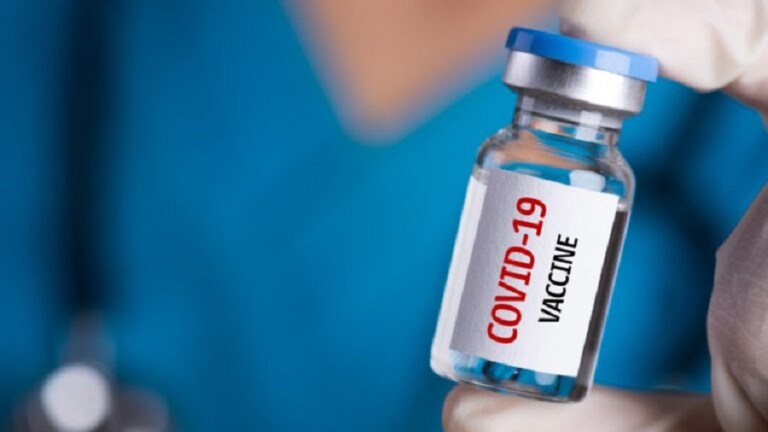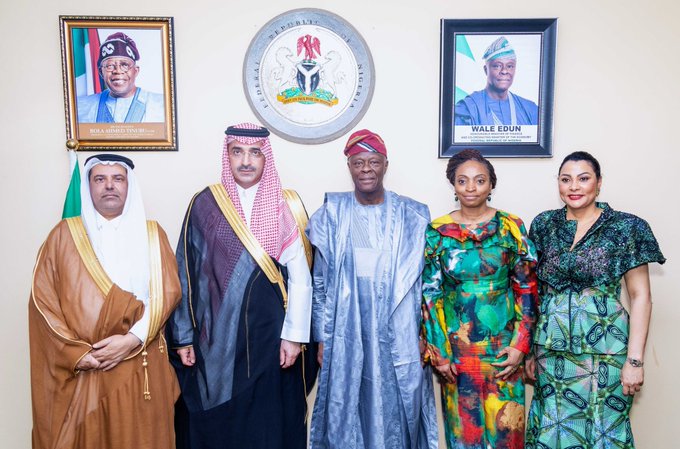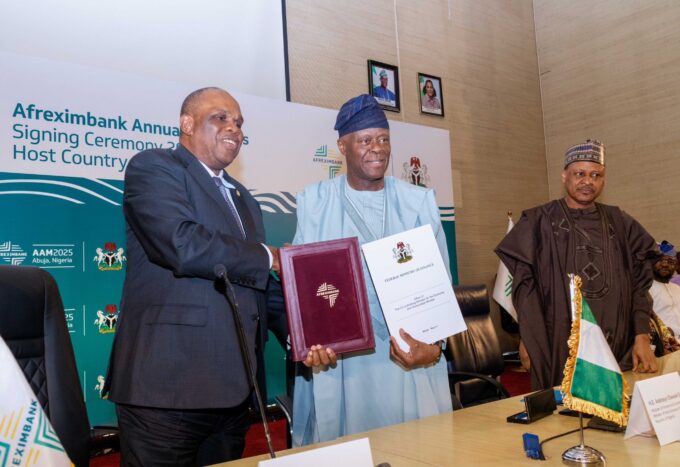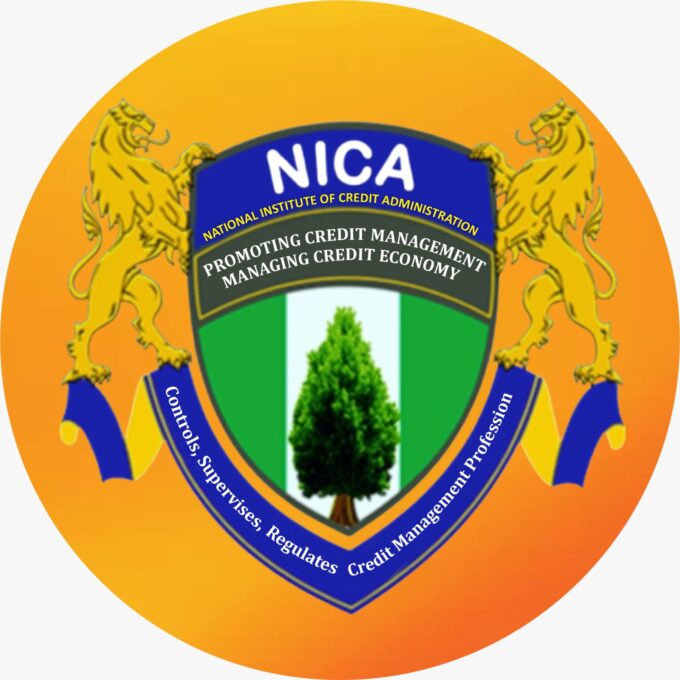The Federal Government on Wednesday received a $9,261,920 grant from the Canadian government to support the scale-up of COVID-19 vaccine service among high-priority risk groups. The grant is also to strengthen the health system in Nigeria.
Speaking at the launch of the Canada Global Initiative for Vaccine grant in Abuja, the High Commissioner of Canada to Nigeria, Jamie Christoff said, the project is another example of Canada’s historical institutional relationship with the WHO to support Nigeria in the critical work for preventing disease and protecting those most at risk.
Christoff said though COVID-19 is no longer a global emergency, it is still important to reinforce public health systems as part of an inclusive and sustainable recovery.
“We must intentionally link up these efforts with routine immunisation and other services. This can help, for example, to reach children who missed routine vaccinations over the pandemic. We know that ultimately, it takes a health system to turn a vaccine into vaccination.”
He also said the project will also integrate COVID-19 into the country’s health information systems, enhancing information management and disease surveillance data, including gender-responsive data.
Christoff added that “Under CanGIVE, the WHO project will be implemented in seven countries, where Nigeria receives the greatest share of $9 million Canadian Dollars. Nigeria was also amongst the first countries to receive COVID-19 vaccine doses from Canada in September of 2021, and I am pleased to be able to continue Canada’s support to Nigeria with this latest project.”
In his address, the World Health Organisation Country Representative Office in Nigeria, Dr. Walter Mulombo said the grant has come at the right time to help improve coverage and uptake of the vaccine among the priority populations.
As of now, 14 states are performing less than 50 per cent vaccination coverage of their target population, and we still have some vulnerable populations that are not sufficiently covered. Key among these subgroups is the aged 50 years and above, people with co-morbidities, health workers, people living in humanitarian and security-compromised communities, and pregnant women.
“The WHO Director General’s declaration that COVID-19 is no longer a Public Health Emergency of International Concerns marks a turning point in the pandemic. The declaration does not mean COVID-19 is over as a global/national health threat. Though considerable achievements have been made, we are still at risk of infection as cases are still being reported in a number of countries.
“I would like to take this opportunity, to caution all of us on the need to continue protecting ourselves by completing the primary series of COVID-19 vaccination and for those who have completed to continue with the booster dose schedule,” Mulombo said.
On his part, the Executive Director and Chief Executive Officer of the National Primary Health Care Development Agency, Dr Faisal Shuaib said since the COVID-19 vaccination programme was launched in Nigeria on March 5, 2021, over 75 per cent of the target population of individuals aged 18 and above have been reached with at least one dose of the COVID-19 vaccine.
“The programme has been implemented in phases, ensuring that eligible populations are reached and no one is left behind. Nigeria was among the first countries to establish an electronic registry and integrate COVID-19 vaccination with other primary healthcare services. Our One Country, One Team, One Plan, One Budget approach reflects our commitment to integrating lessons learned during and after the pandemic into our healthcare system.
“While we have made significant progress, we still have work to do. Several states have primary series coverage below 70 per cent, and booster doses account for just over 20 per cent of vaccinations. Therefore, this grant targets states with lower performance and aims to reach high-priority populations,” he said.
The PUNCH reports that the grant will be implemented through the WHO and the states targeted for implementation include Ondo, Rivers, Kogi, Delta, Ebonyi, Lagos, Akwa-Ibom, Bayelsa, Benue, Ogun, Katsina, Taraba, Anambra, Kebbi, and Edo.
PUNCH














